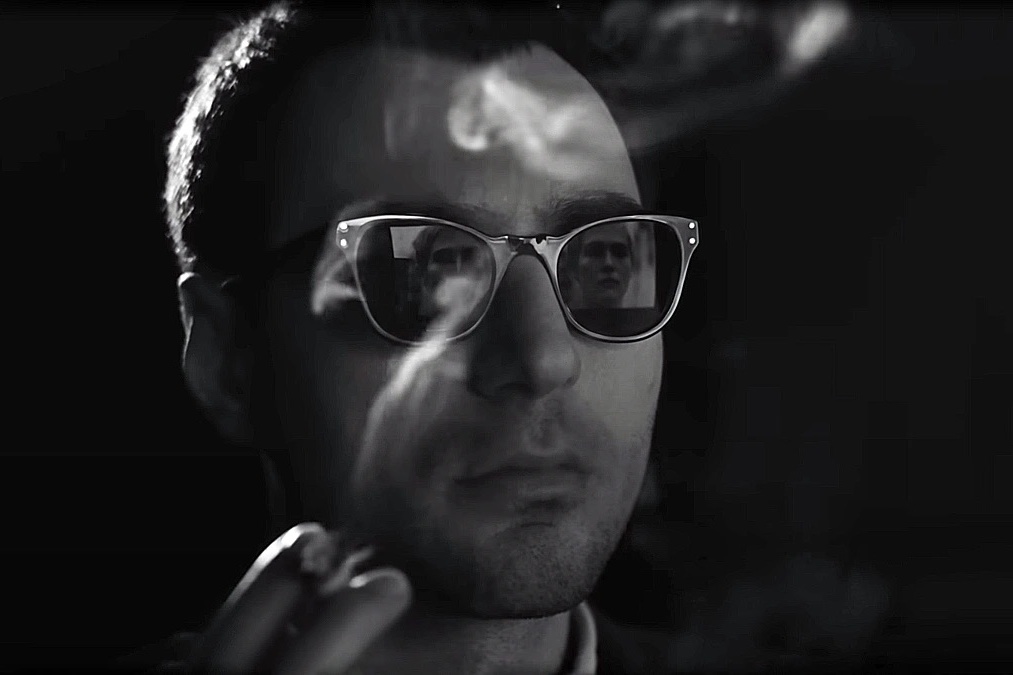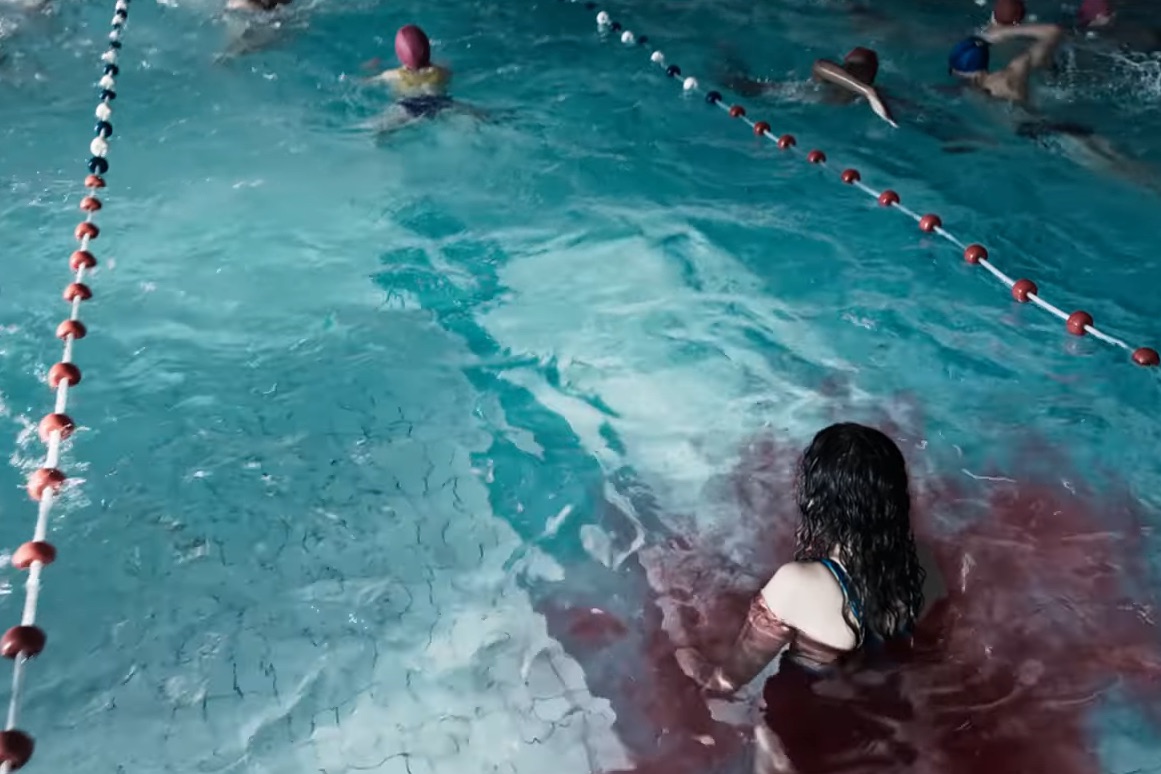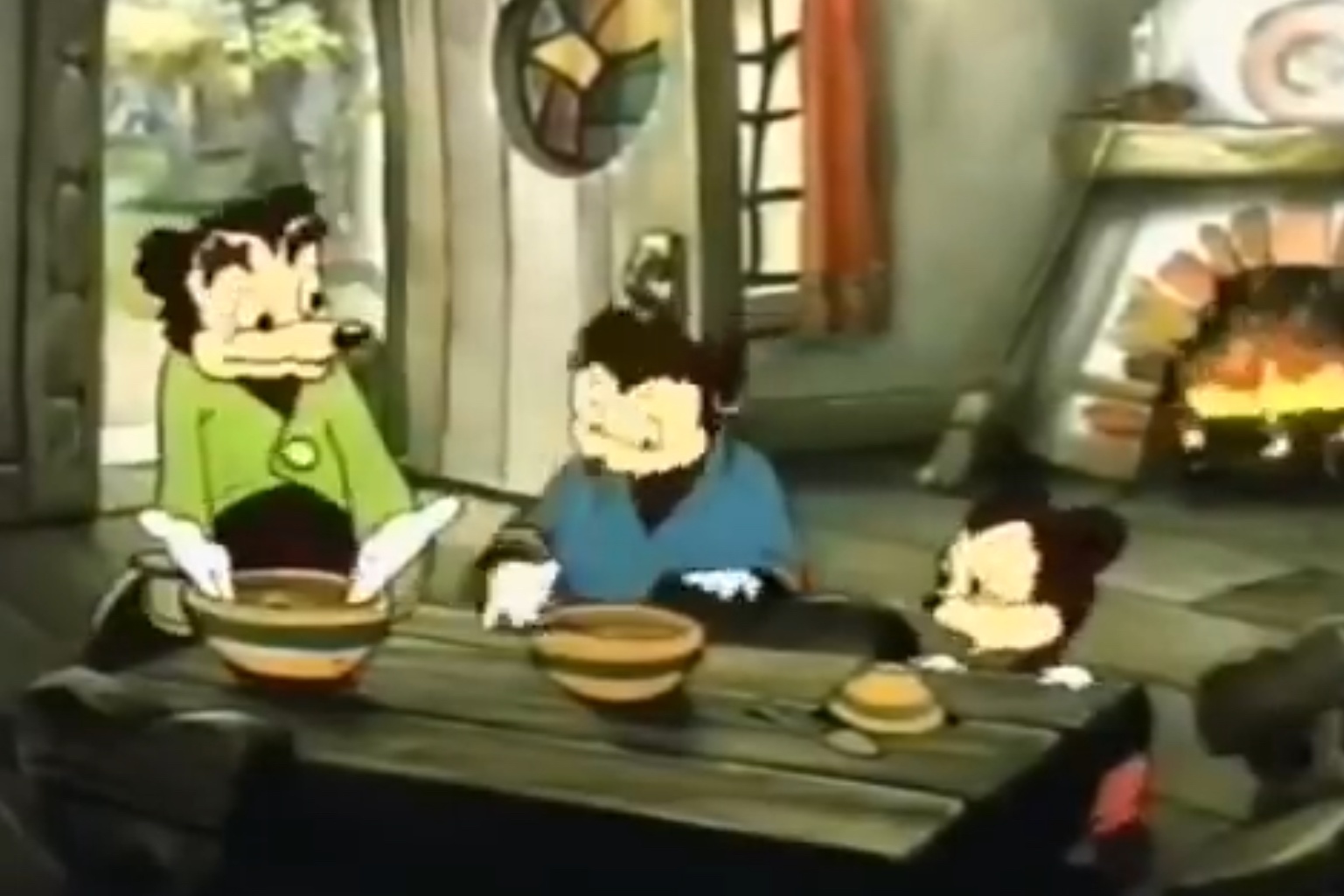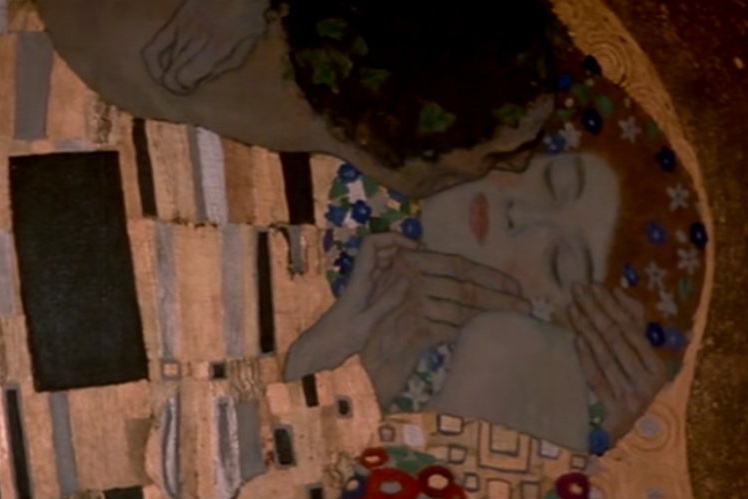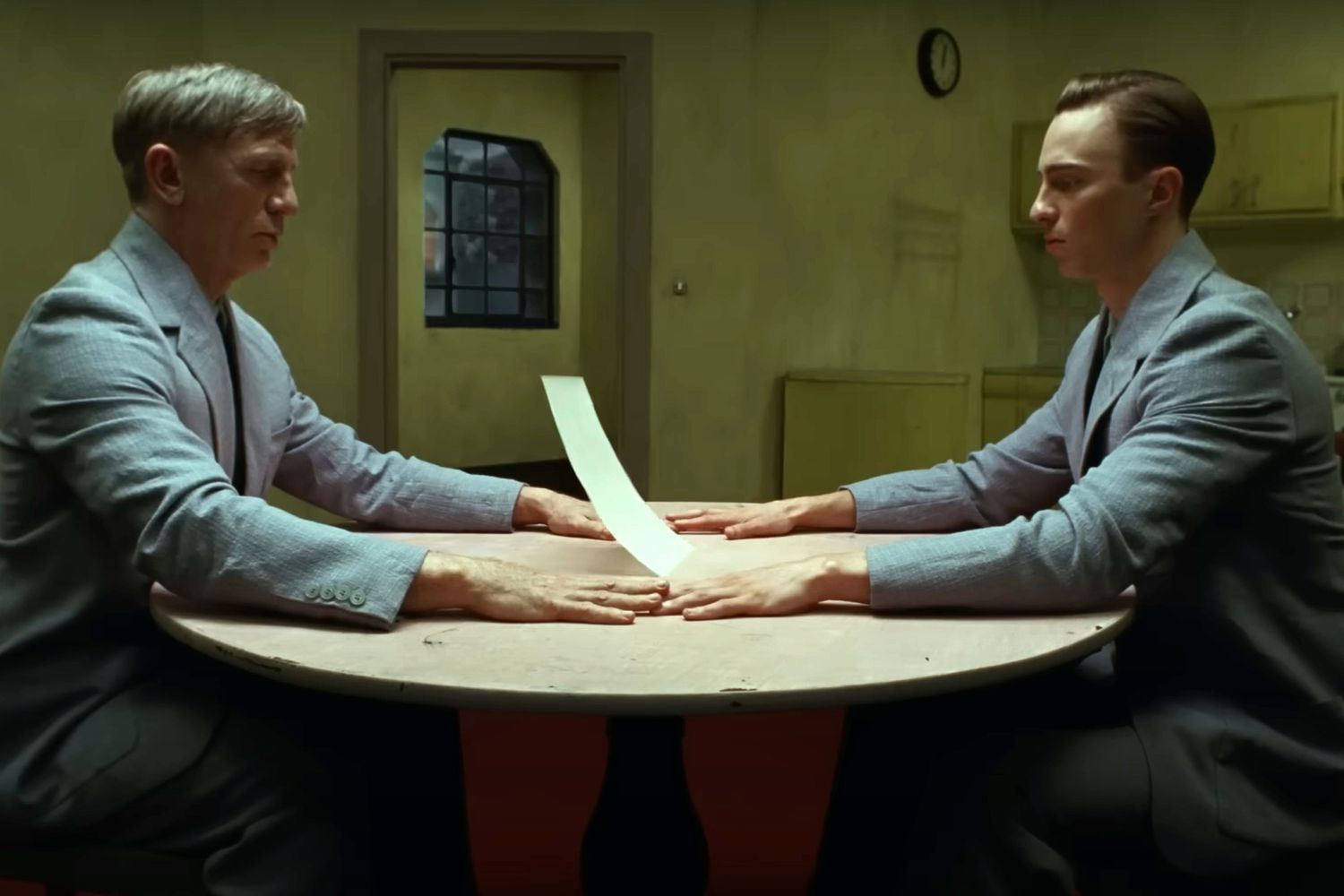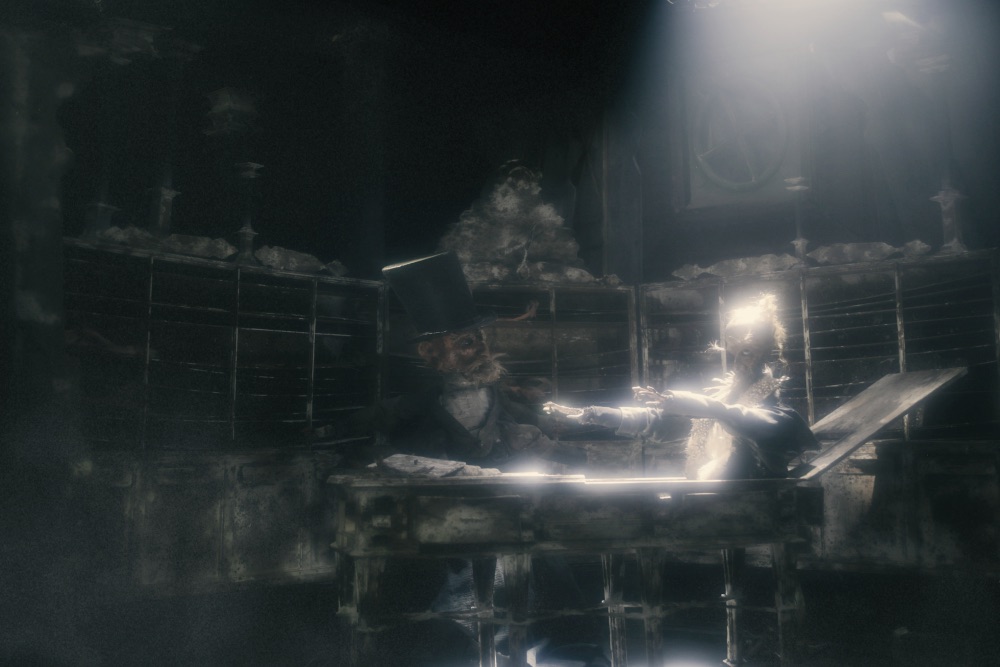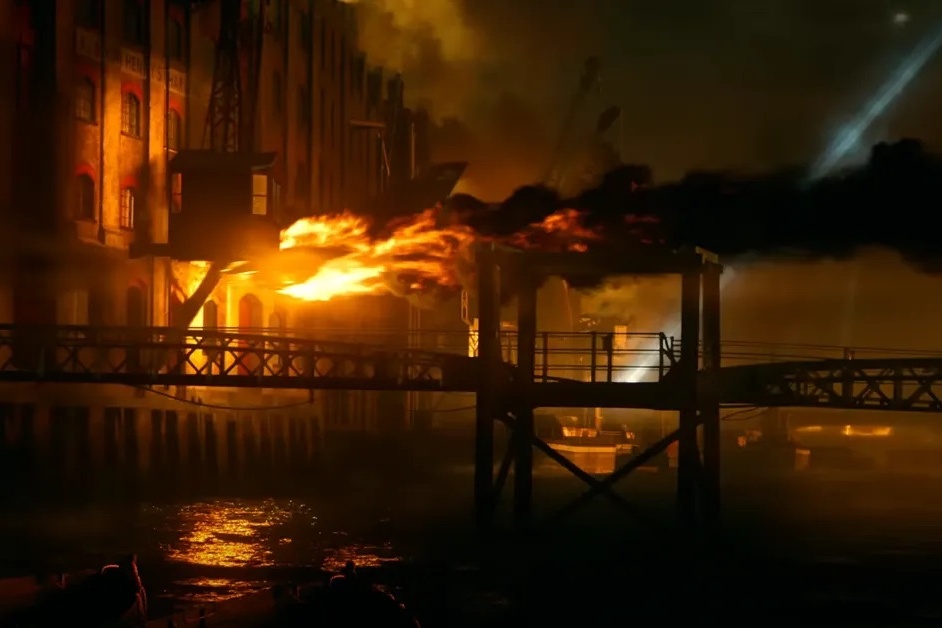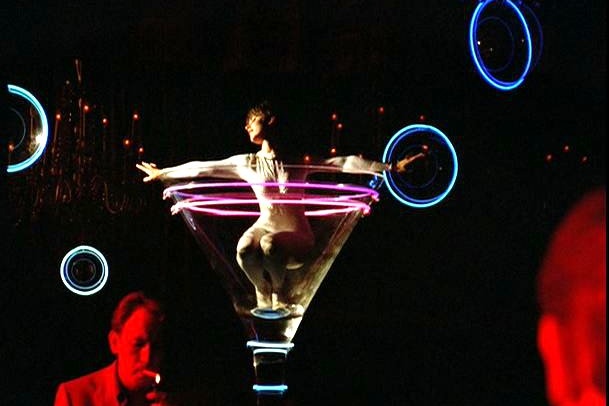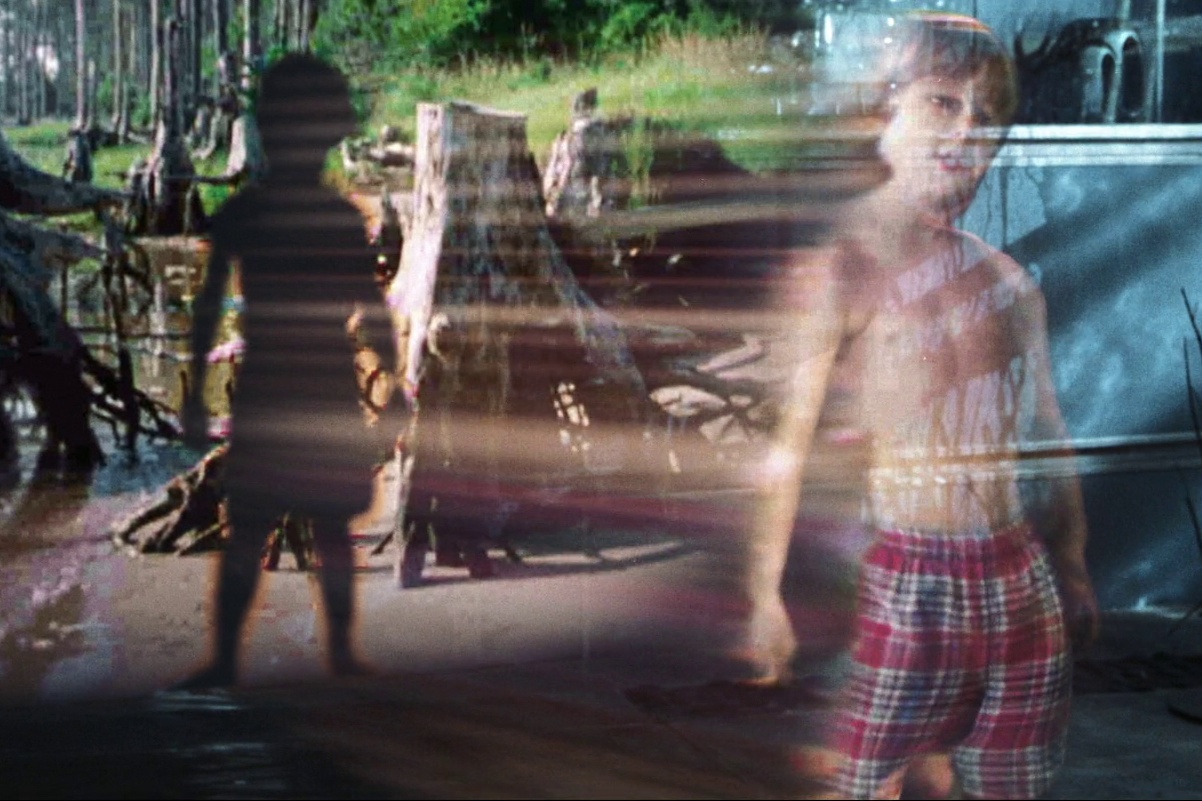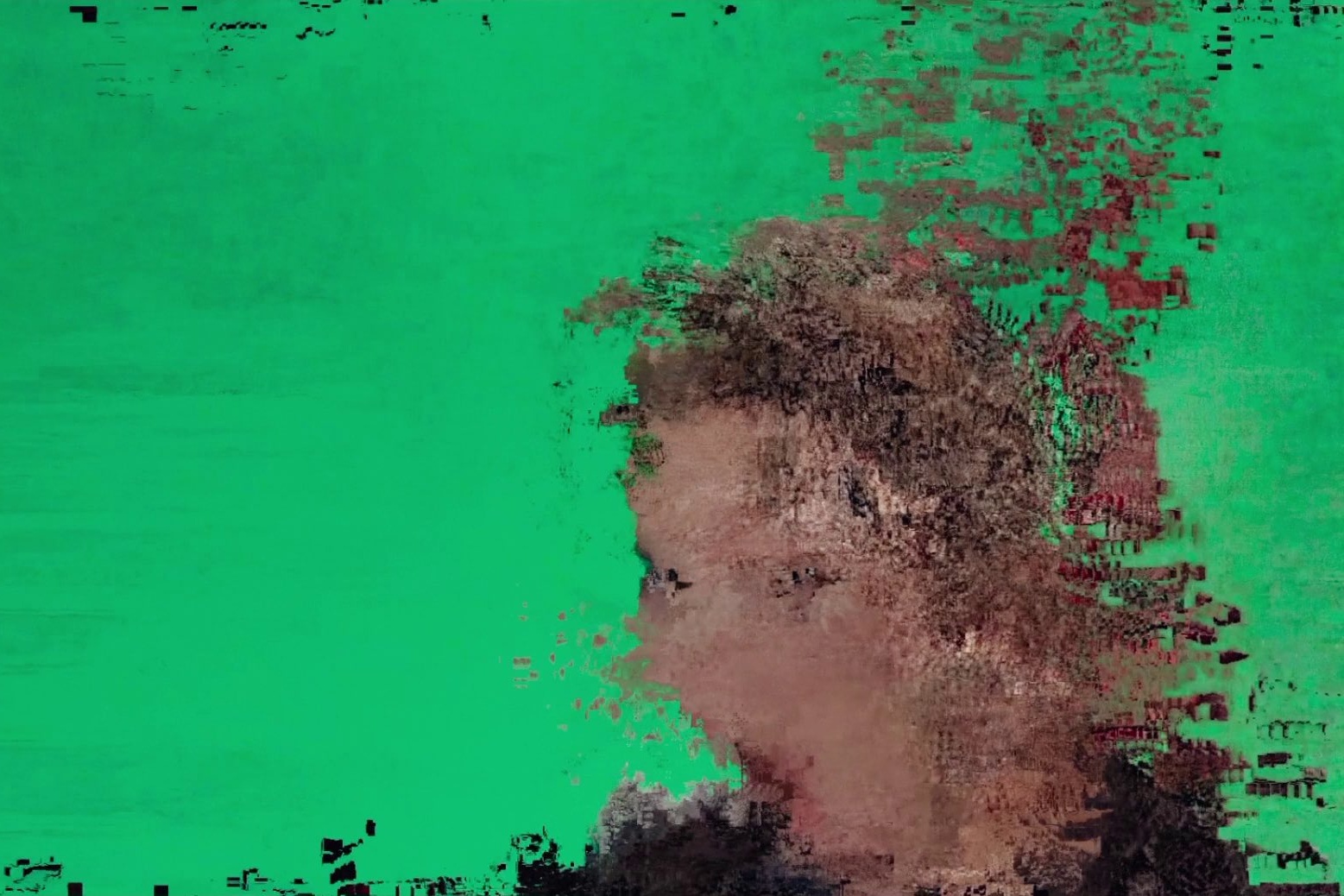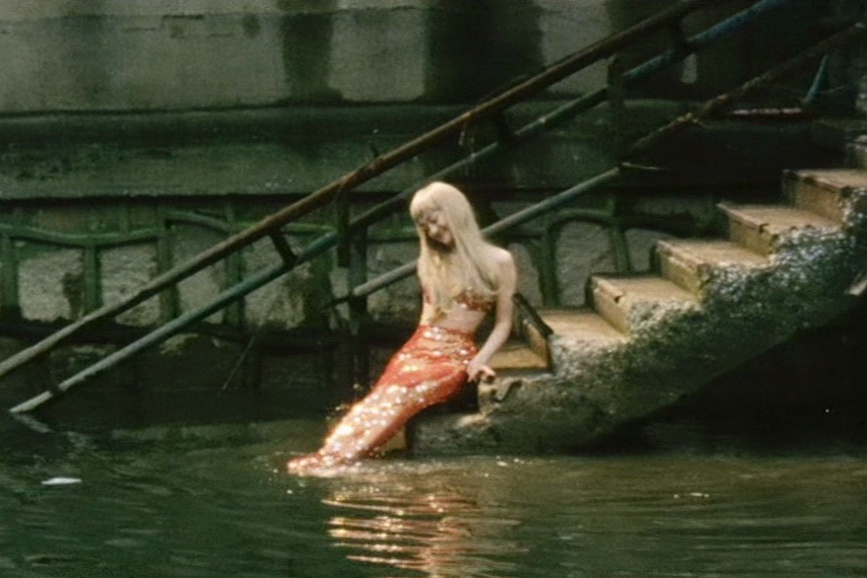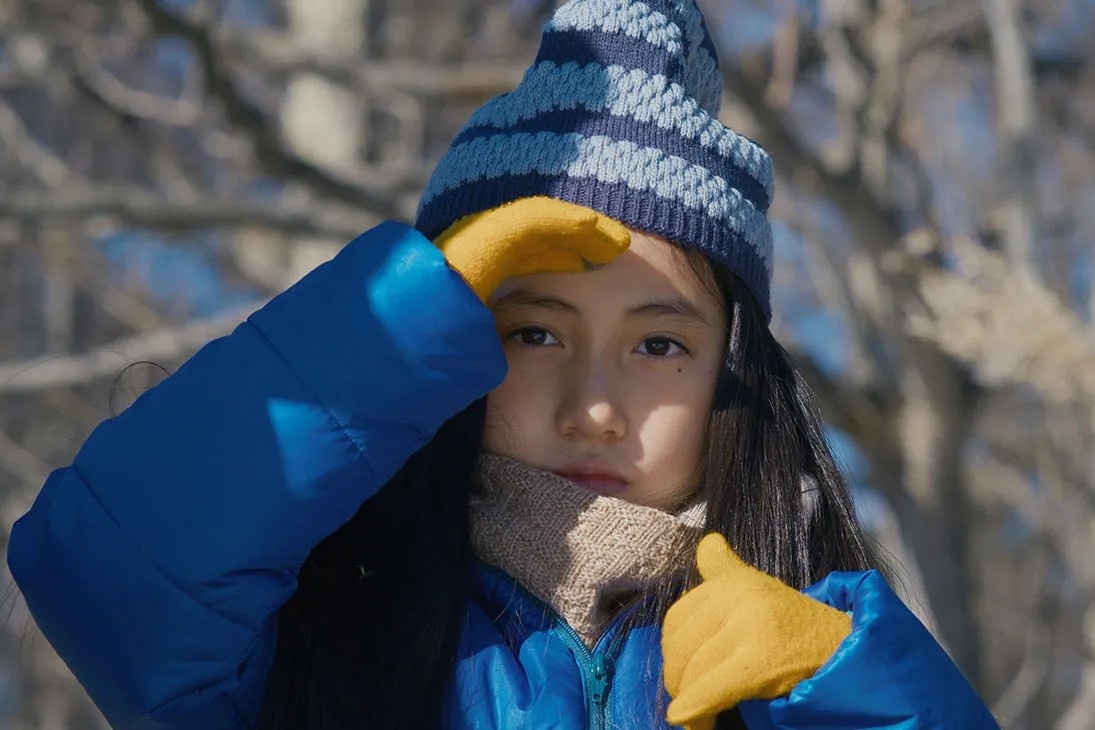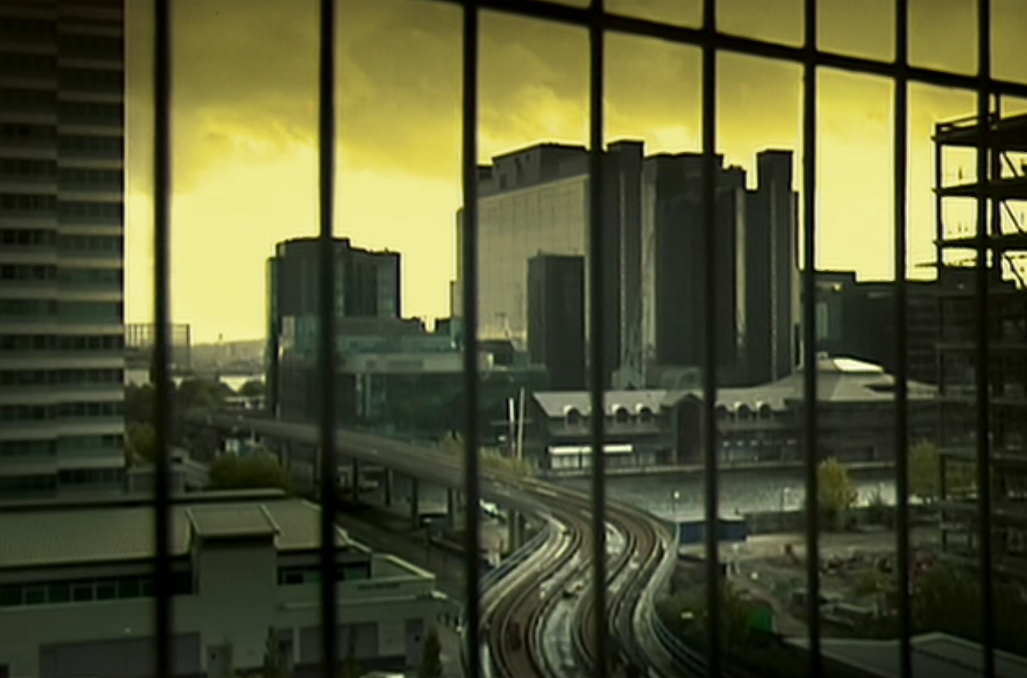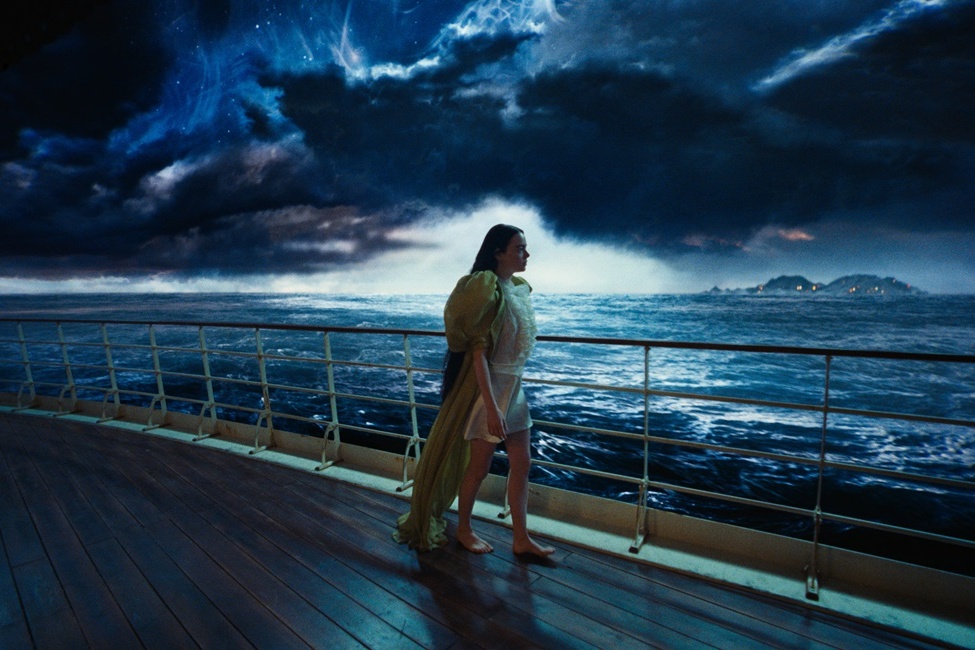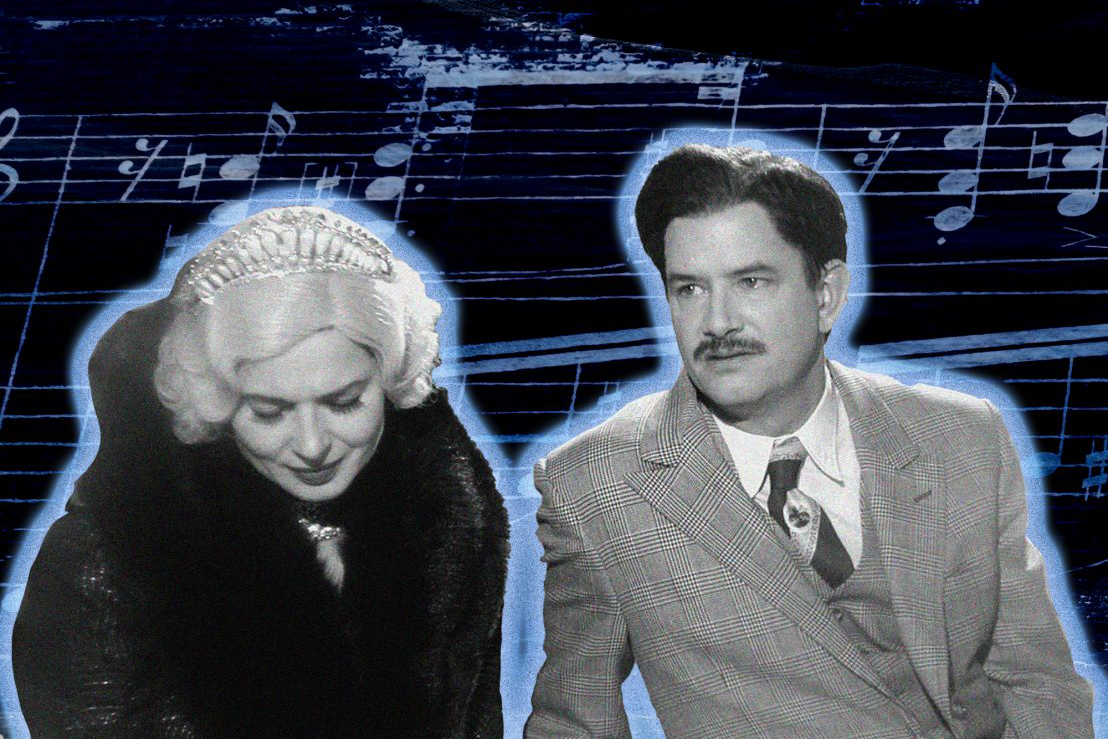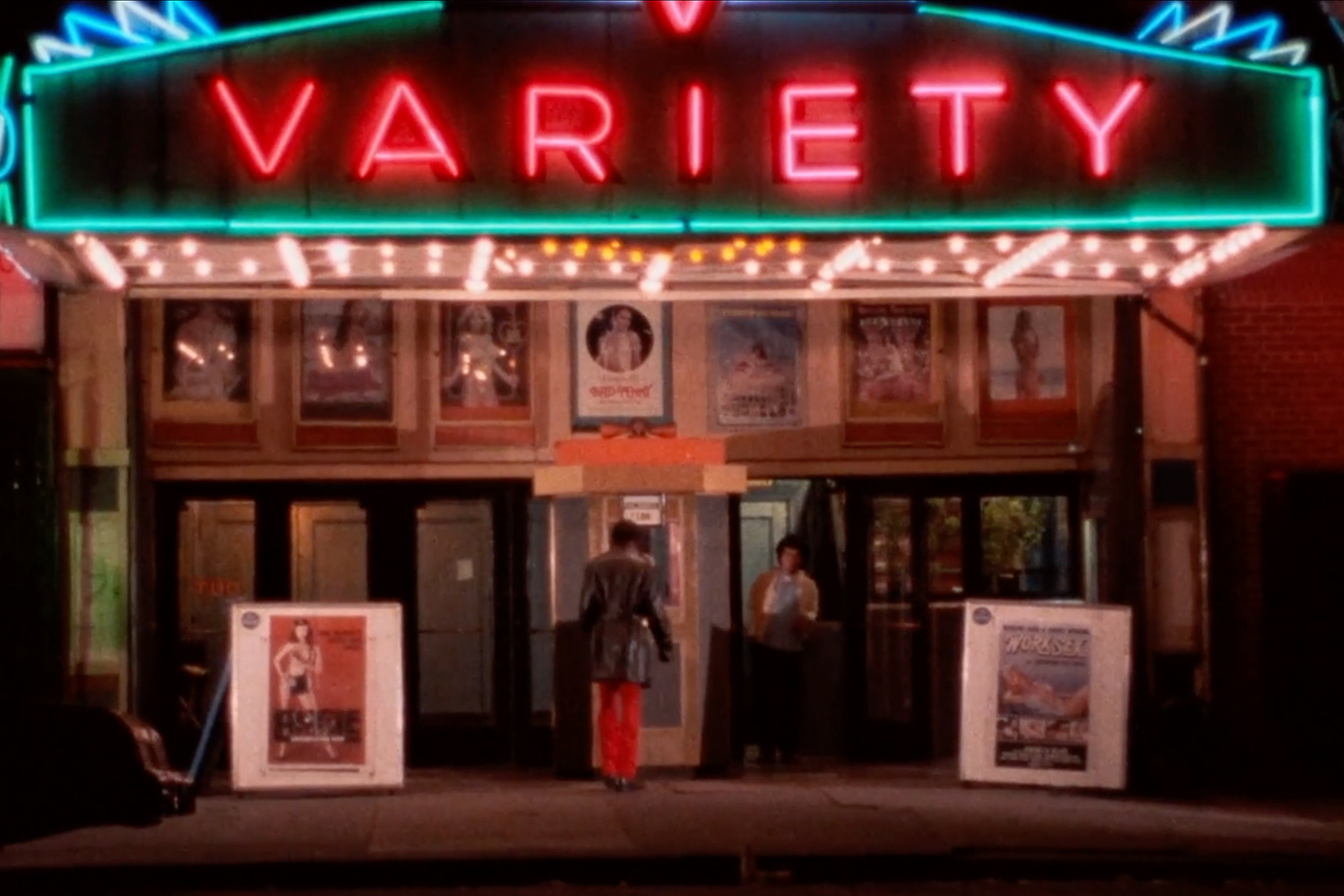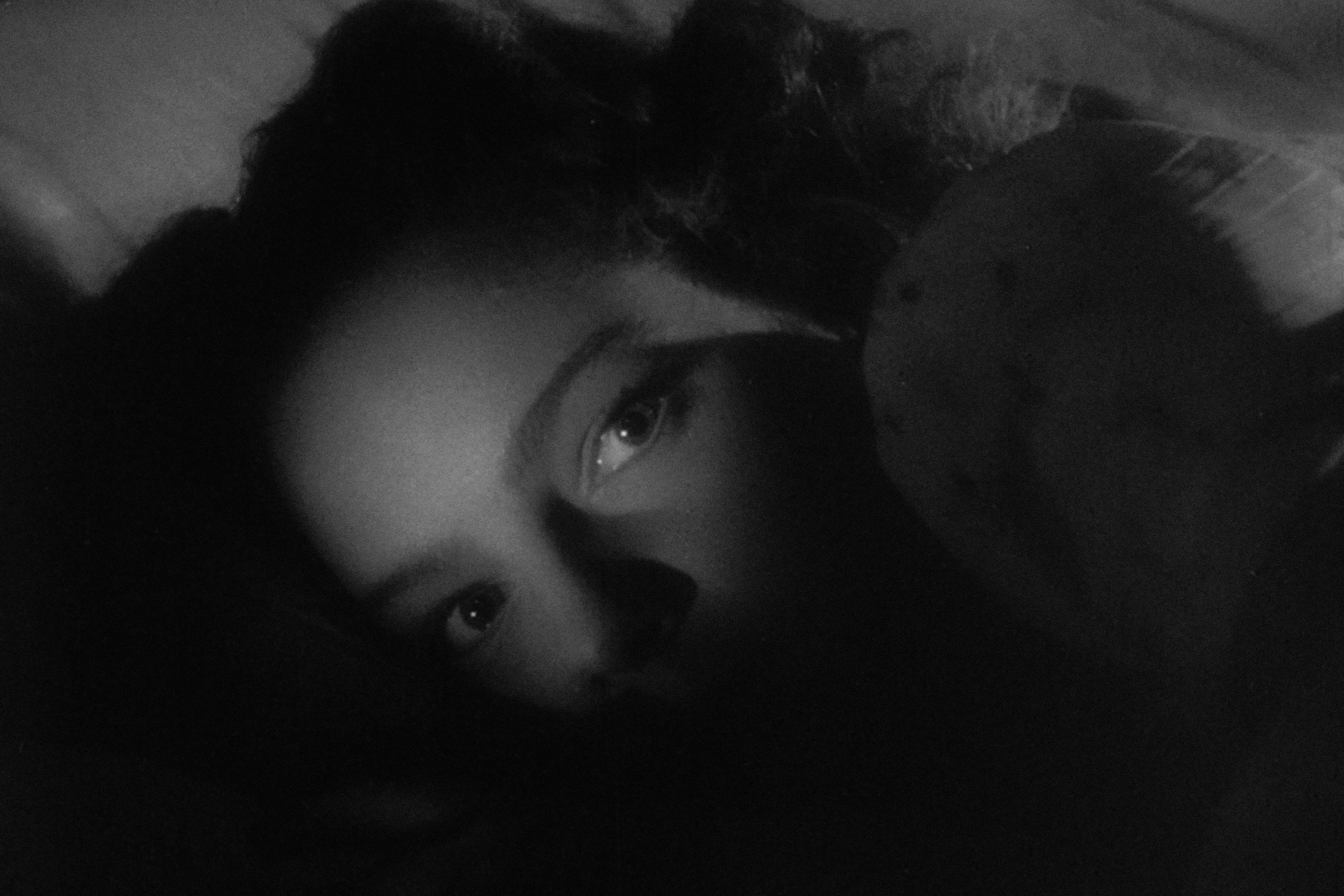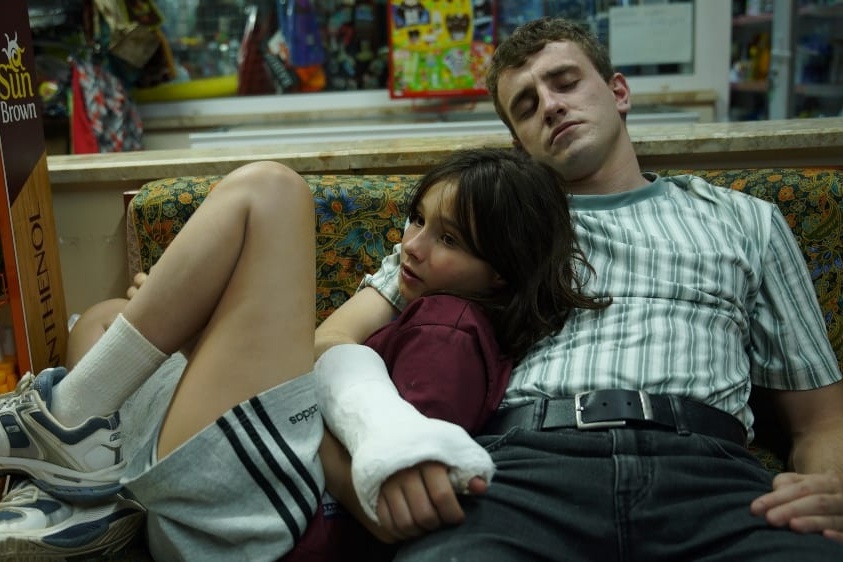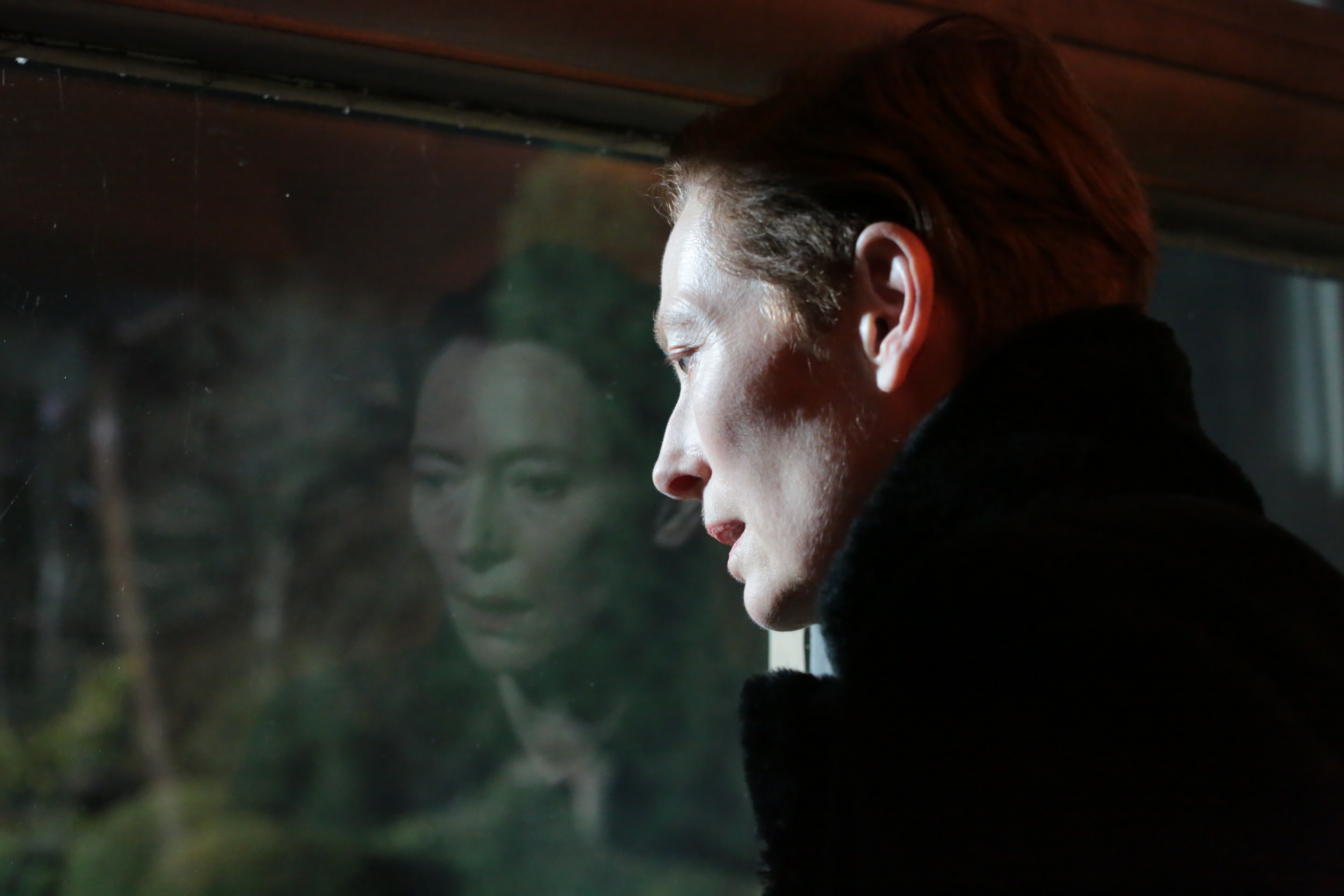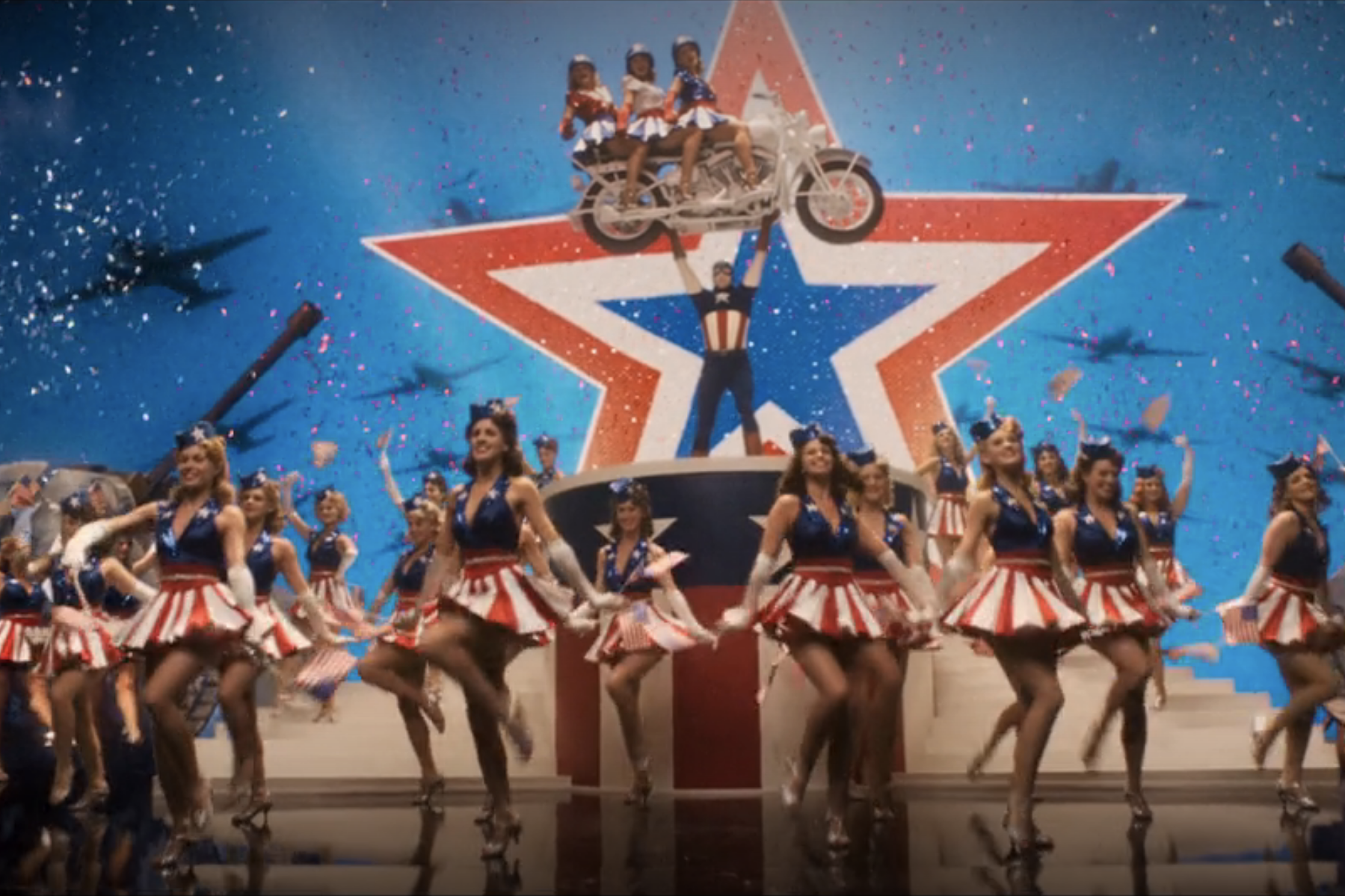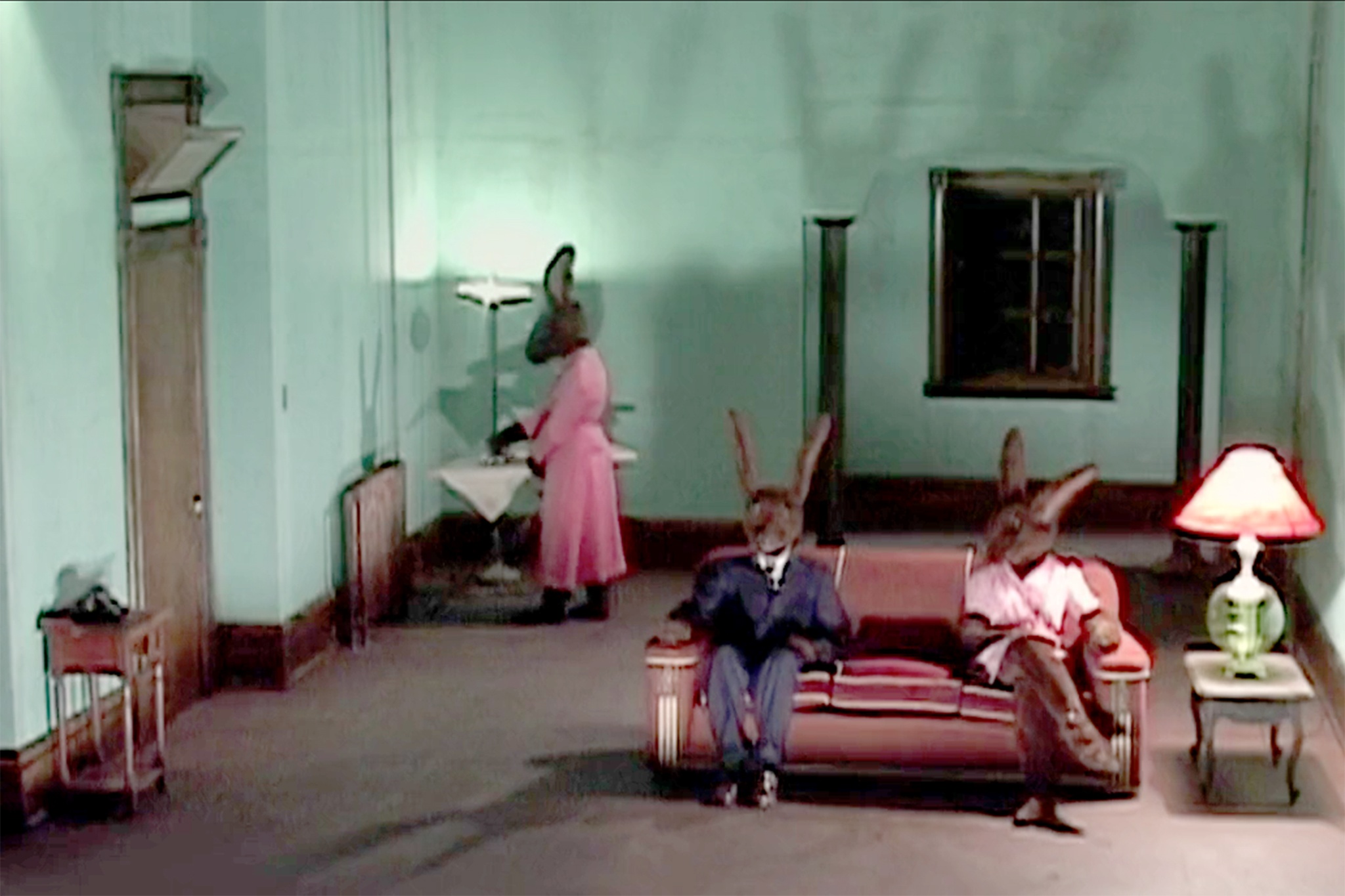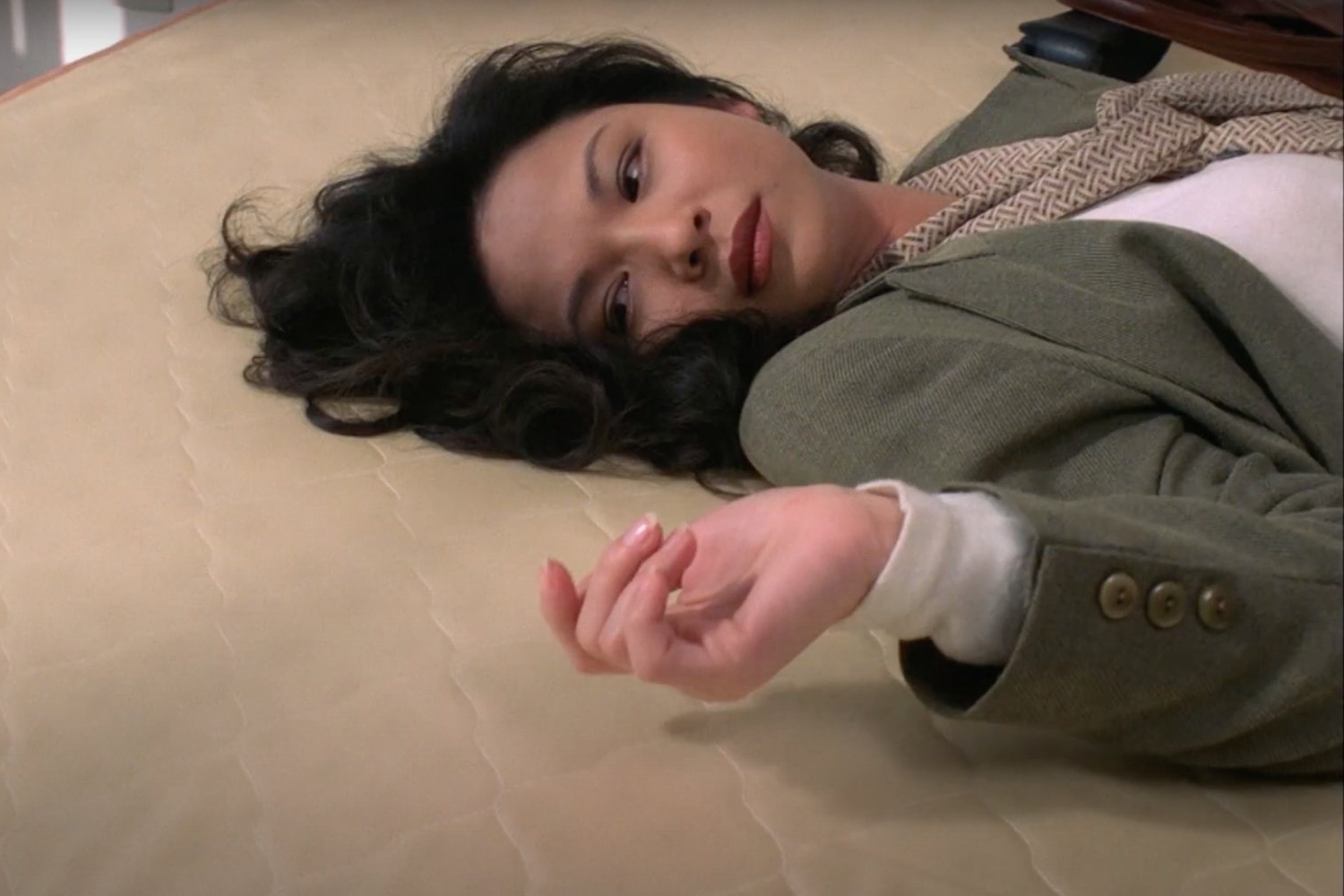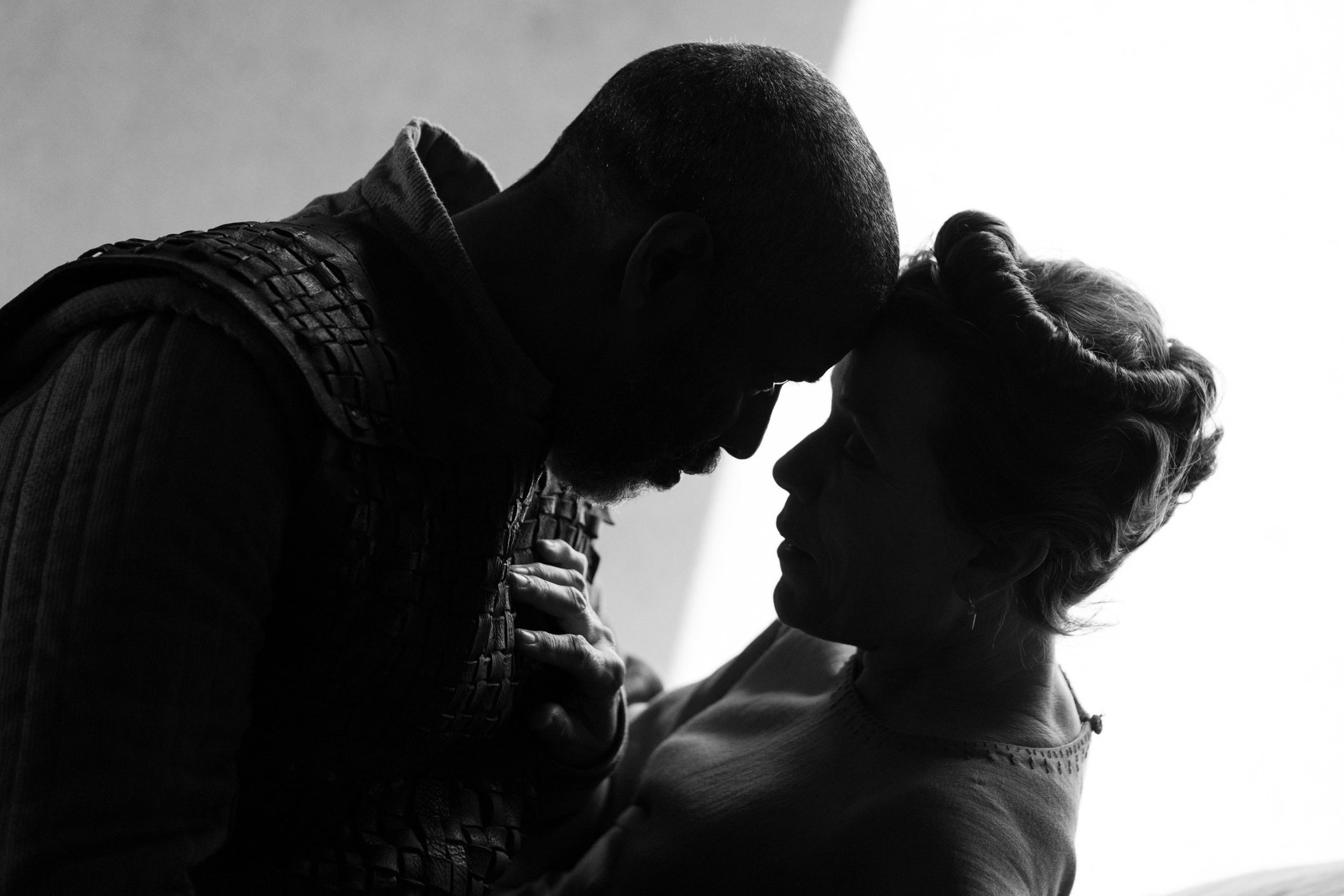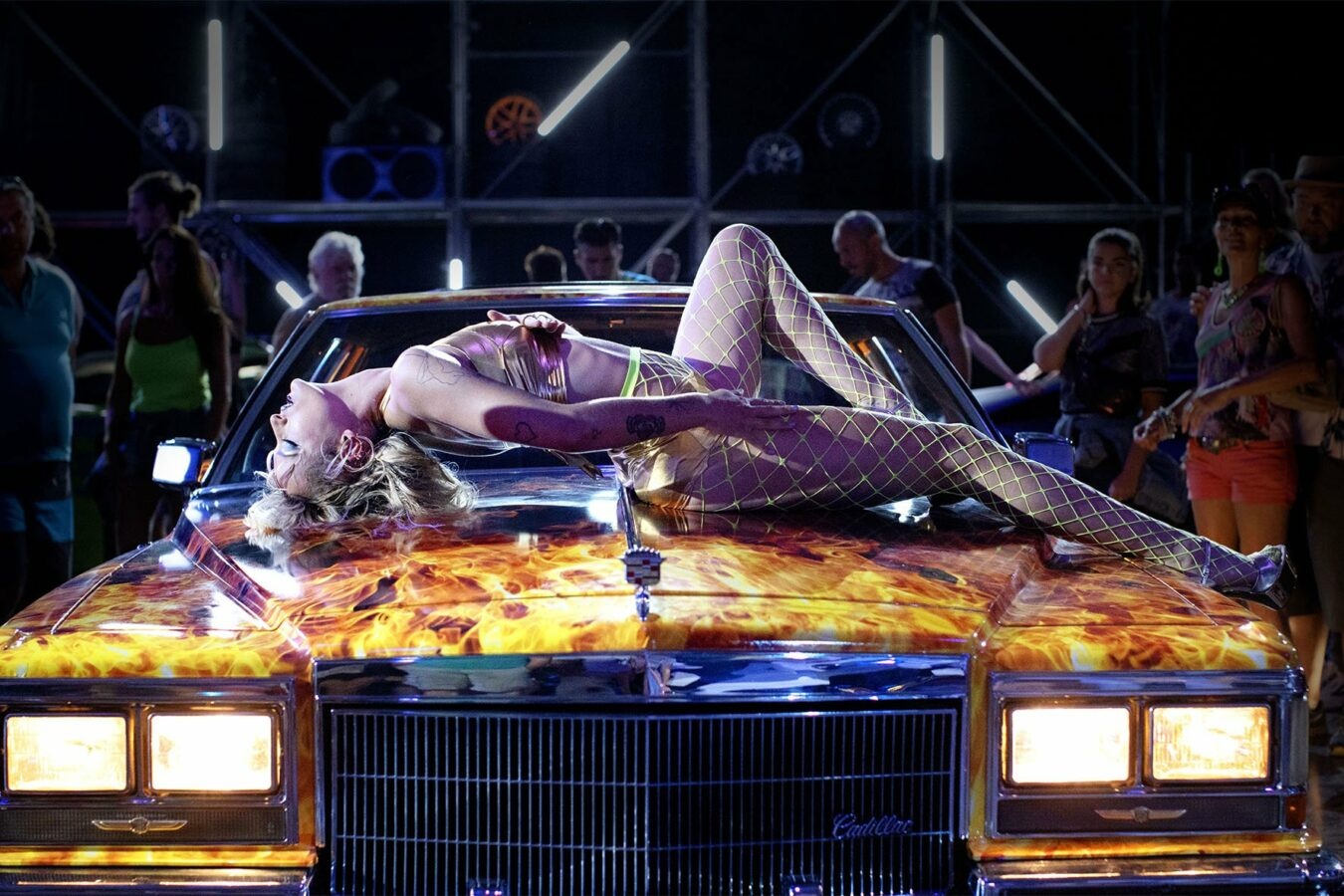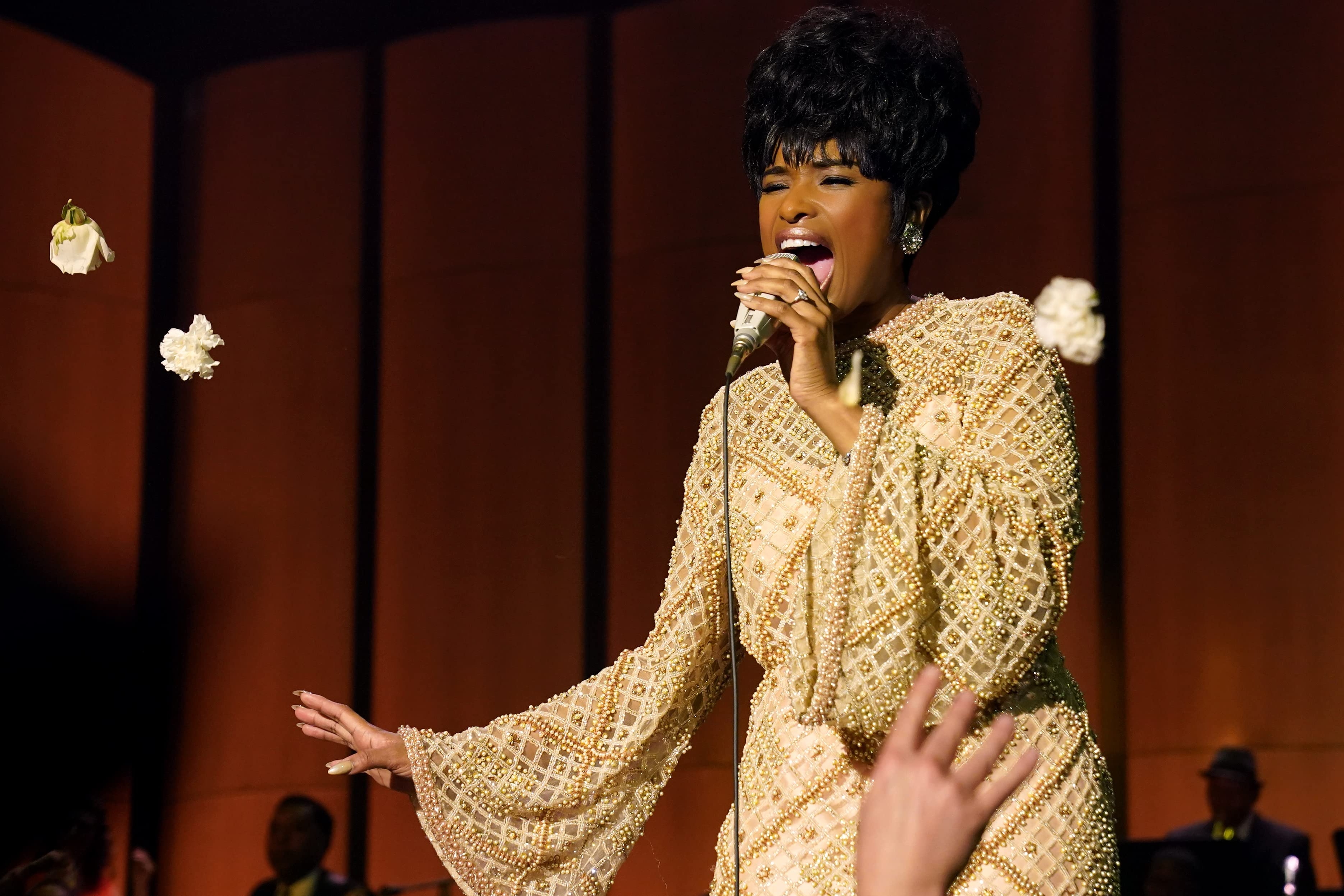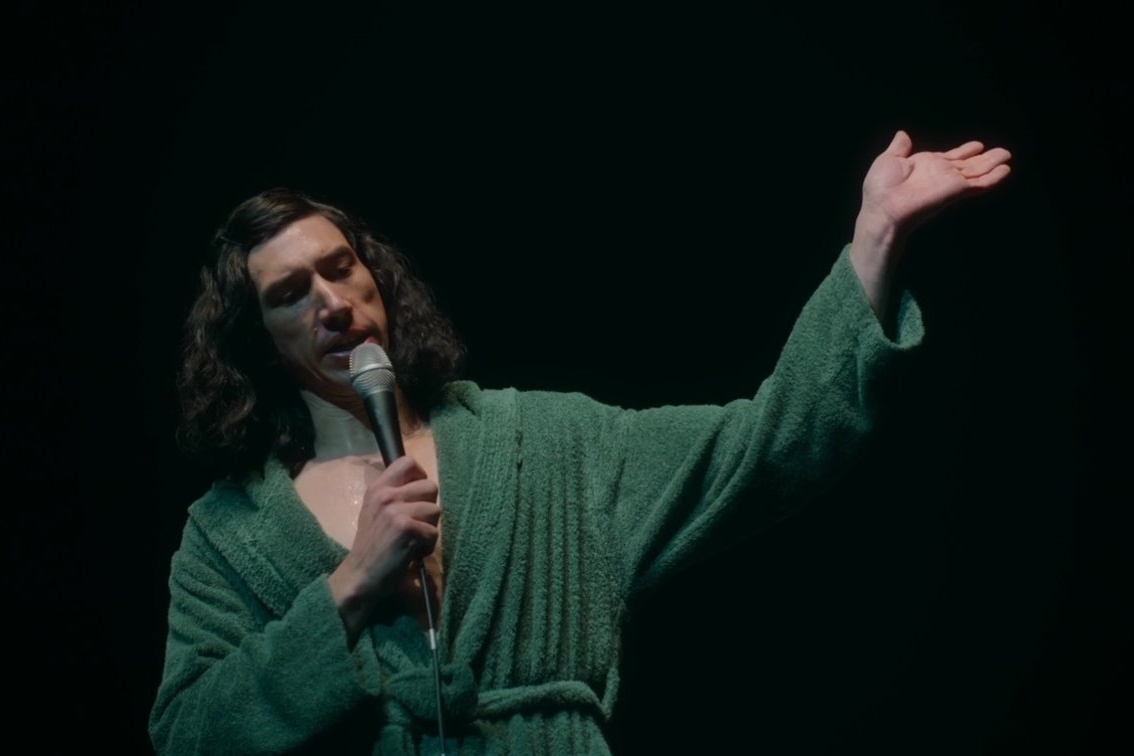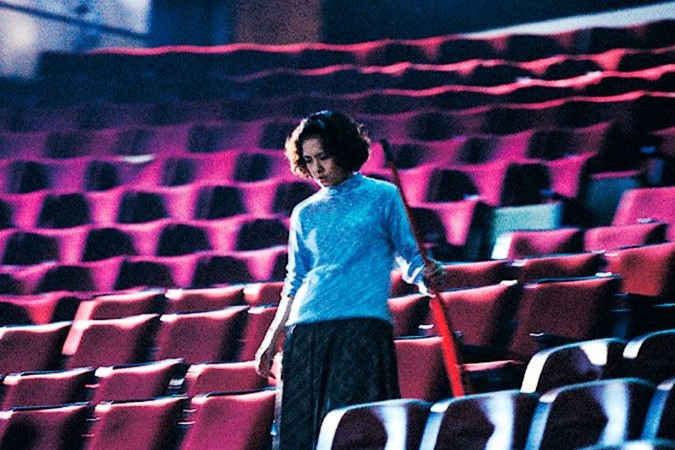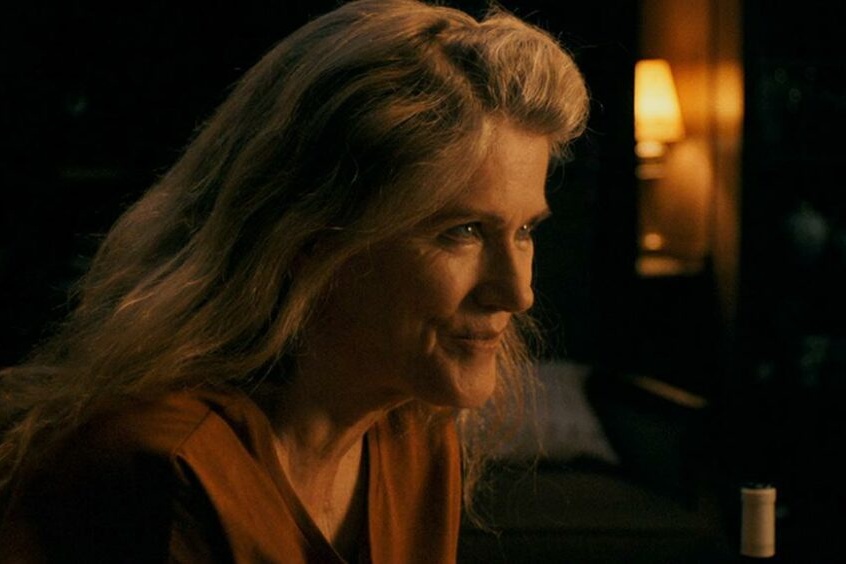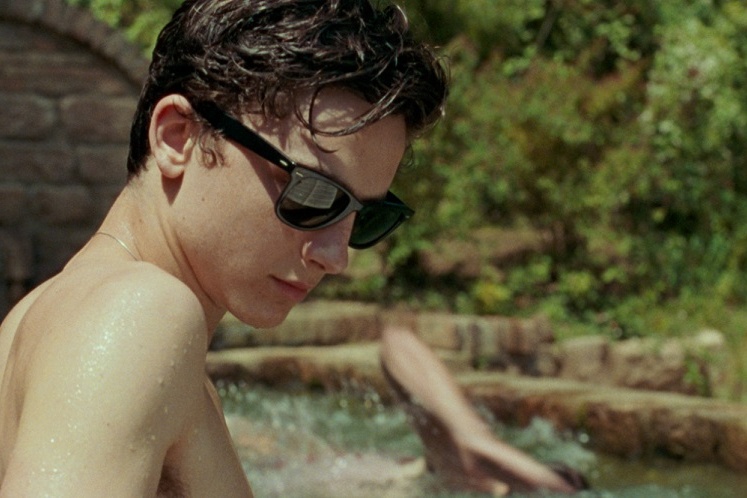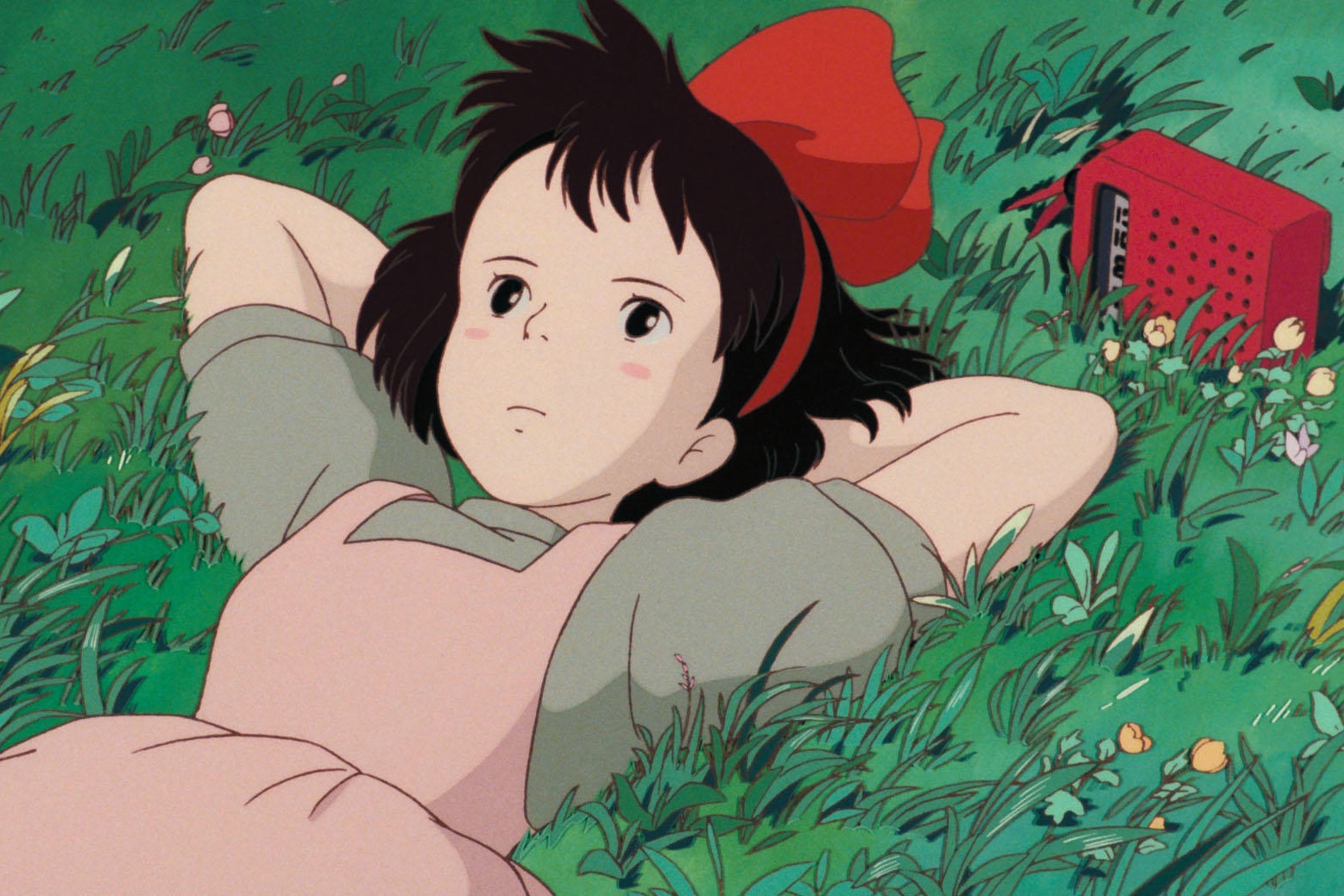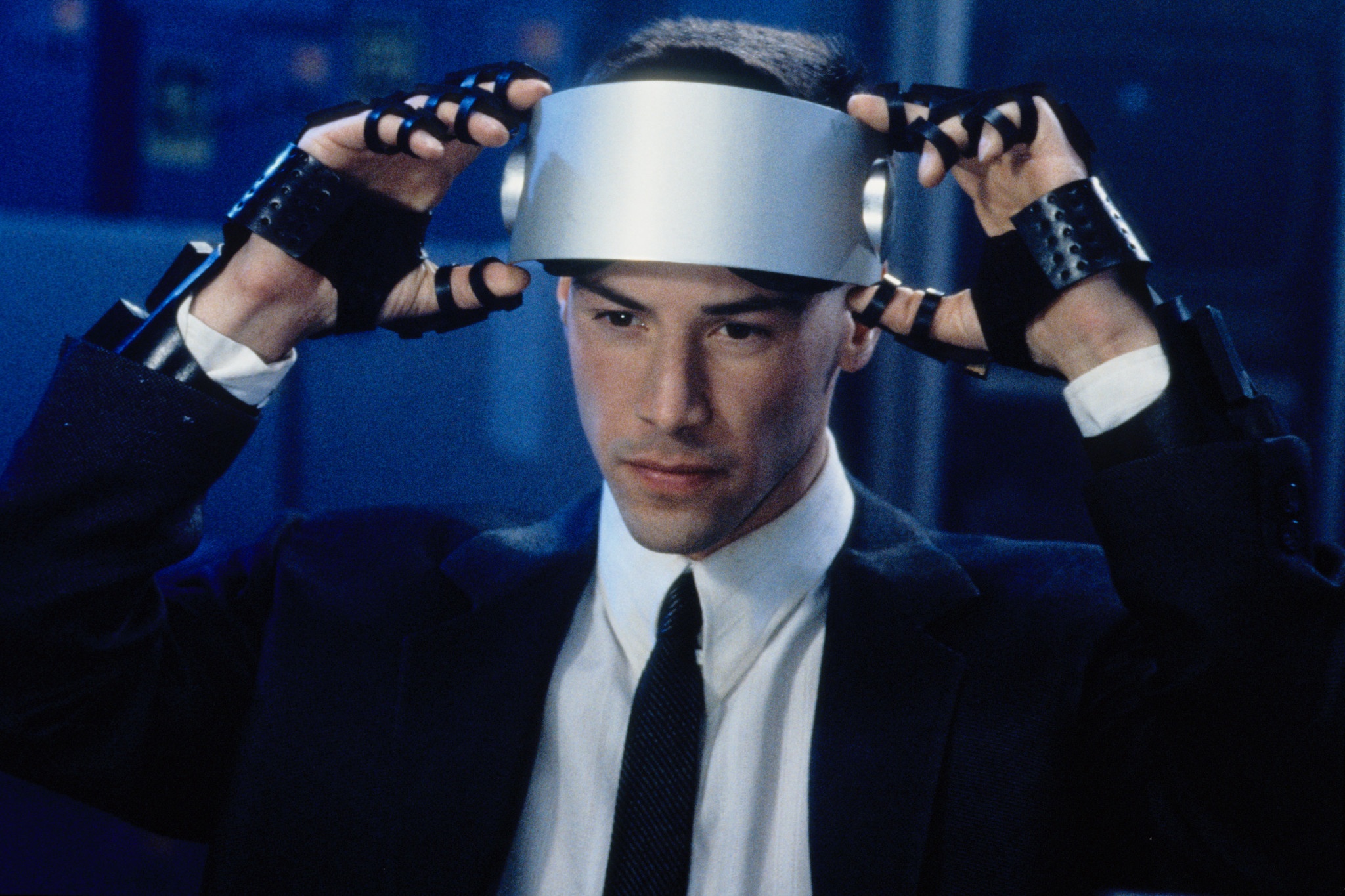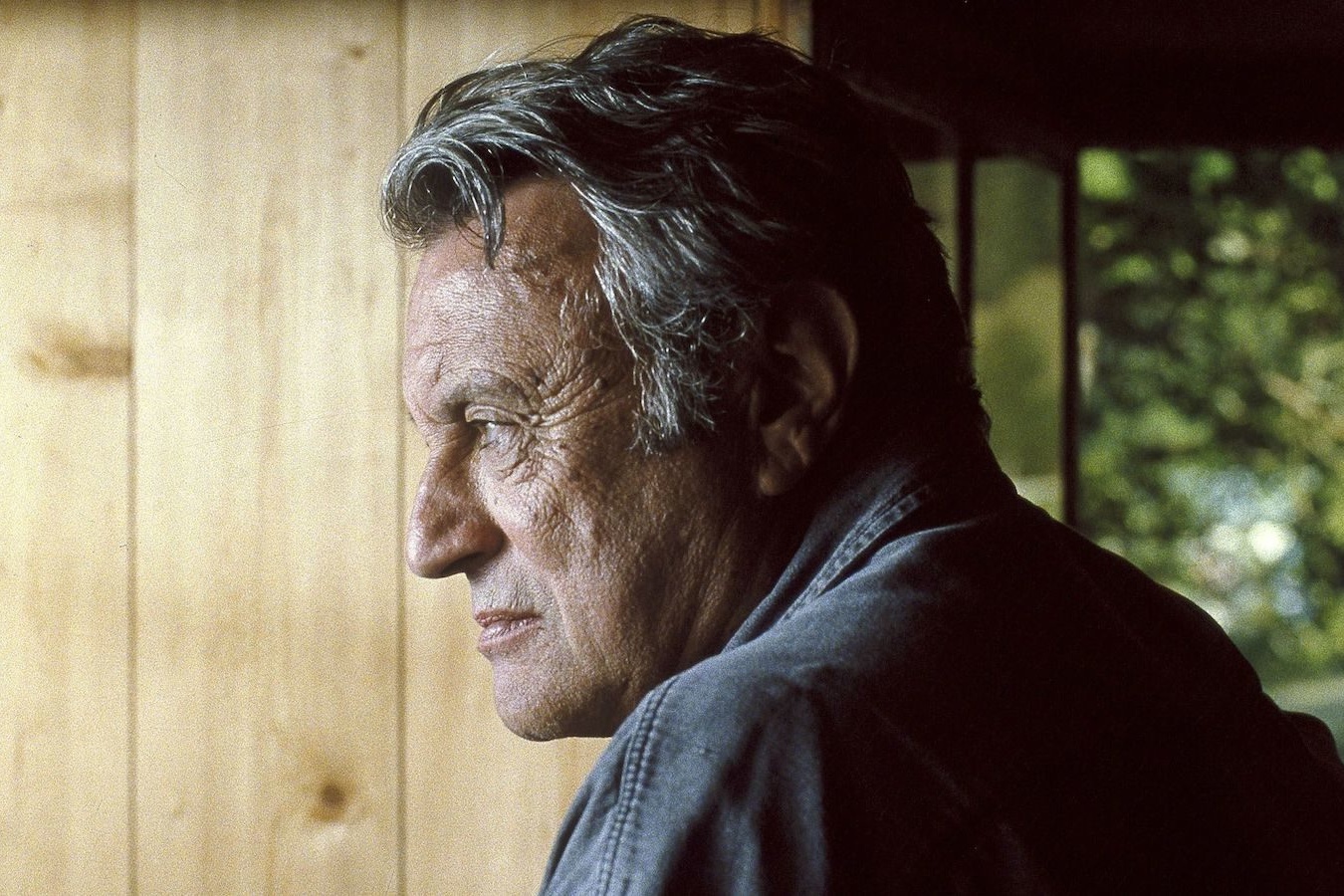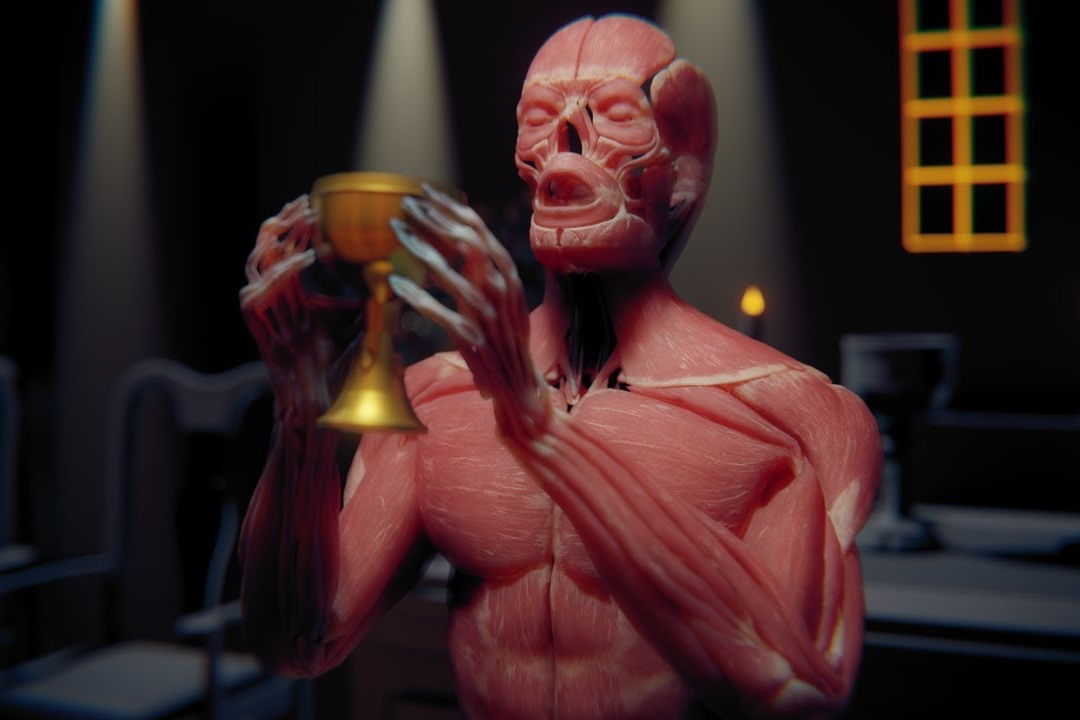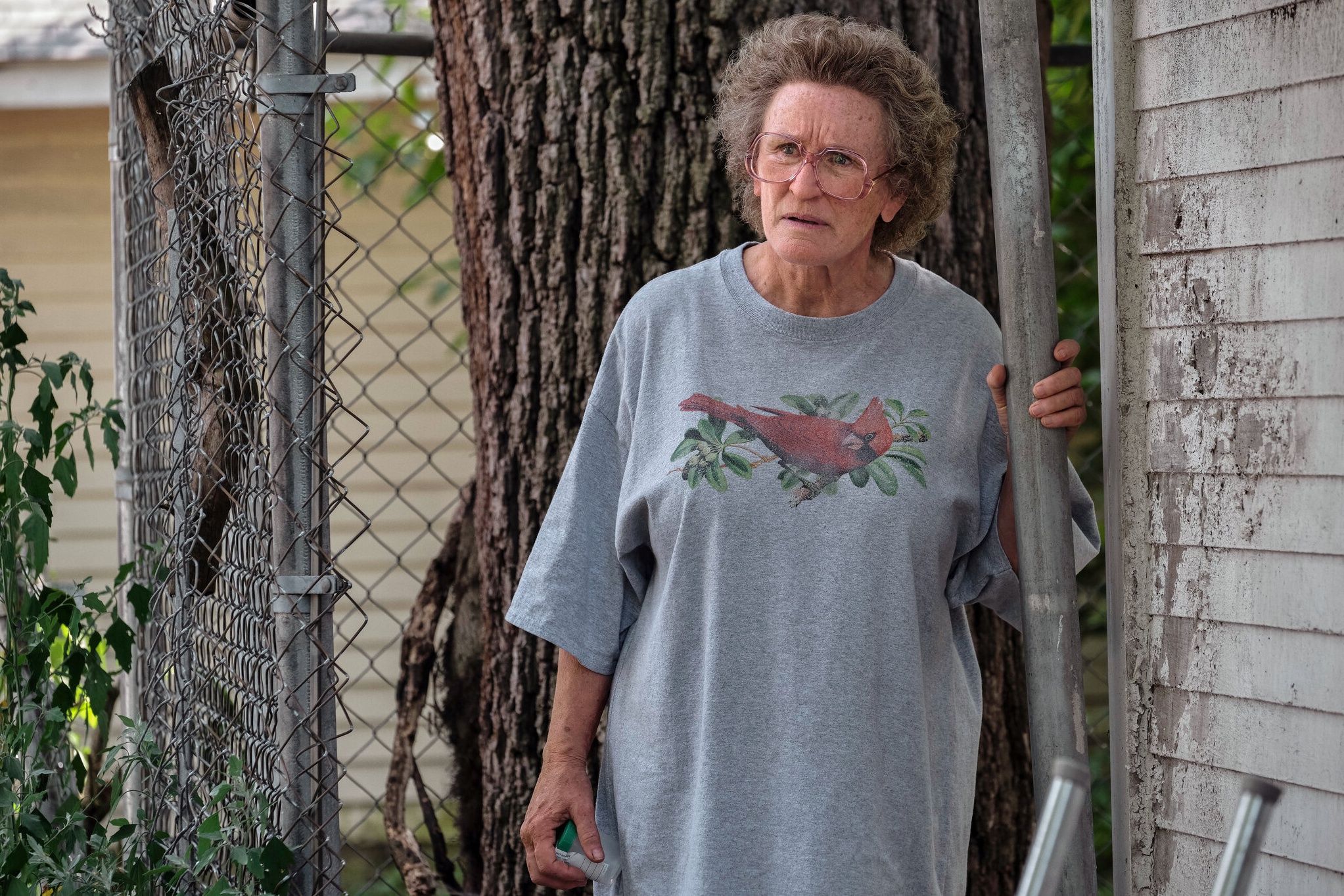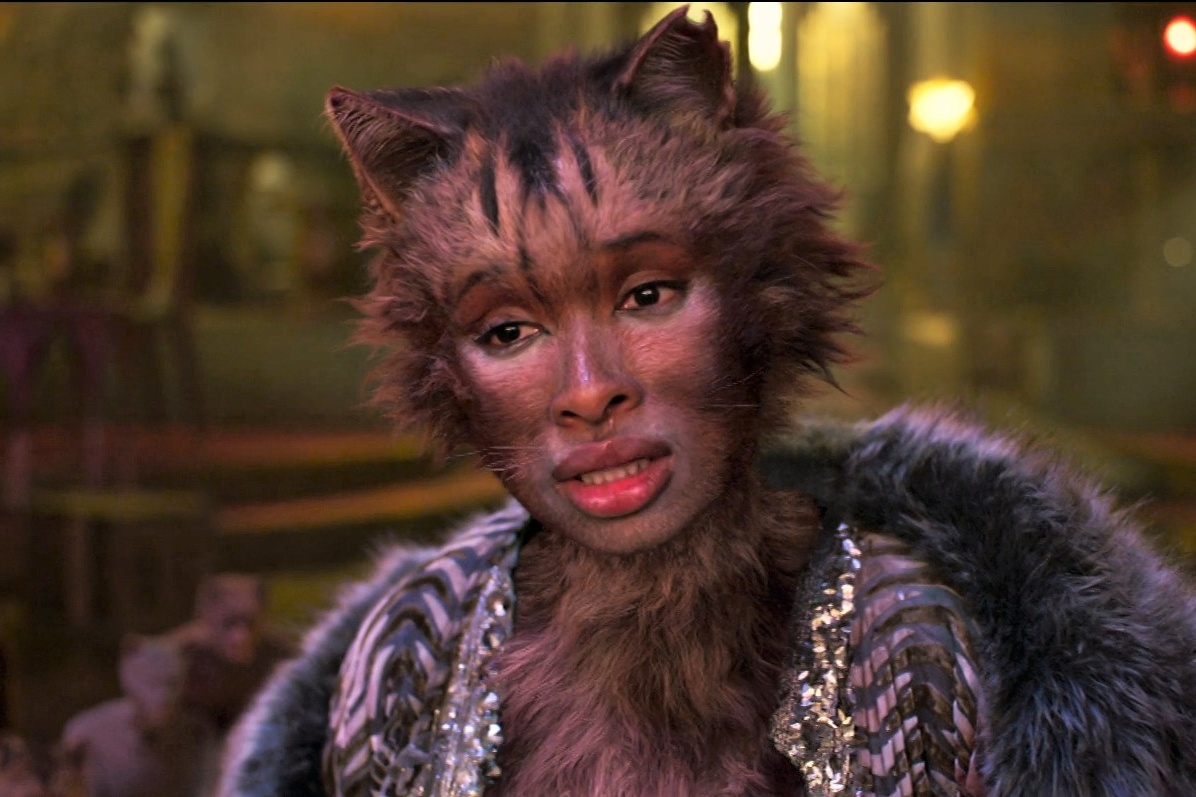Annette
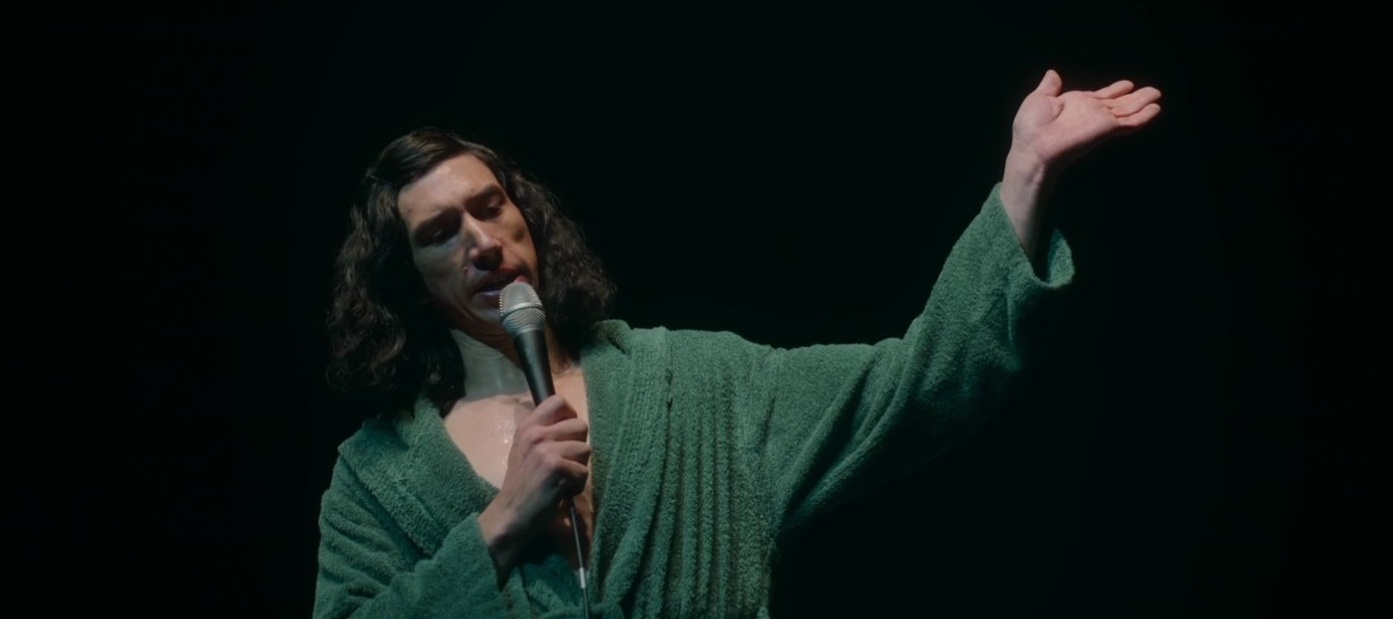
We begin in a recording studio; guitars are plugged into amps, foot pedals are tested, voices are warmed up and director Leos Carax, sat behind a mixing console wearing his signature sunglasses, drags away at a cigarette. “So,” Carax asks, leaning into a microphone, “may we start?”
The question becomes the refrain for a fourth-wall-smashing opening number performed by siblings Ron and Russell Mael – aka beloved pop-art band Sparks – who promptly ditch their instruments and, in one dazzling tracking shot, head out of the studio and onto the streets of Los Angeles, still singing. They’re joined by backing vocalists, then the film’s stars Adam Driver, Marion Cotillard and Simon Helberg, then Carax and his daughter Nastya, and then eventually a handful of choirboys.
We’re one song in, and already there’s a huge amount going on: jokes about insufficient budget and vain artists, a promise to tell “a tale of songs and fury with no taboo”, and the ominous question of whether the stage is “outside or within”; the latter line is lifted from the prologue to Bartok’s opera Bluebeard’s Castle, which might give you some idea of the direction we’re headed. There’s also a bilingual pun – “may we start?”/ “mais oui!” – that acts as a cheeky nudge to the fact this is French director Carax’s first English-language film.
It’s also his first musical, though previous features have flirted with the genre – think Denis Lavant’s staggering run-dance to Bowie’s “Modern Love” in Mauvais Sang, or Kylie Minogue’s emotional chanson in Holy Motors. With lyrics and a story by Sparks, Annette is a true rock opera with Brechtian leanings. The songs mostly comprise of characters expressing their actions and emotions in a disarmingly literal manner: we know Driver and Cotillard’s characters “love each other so much” because they say so in song again and again and again; we know Helberg plays an accompanist who dreams of being a conductor because he sings this to us in deadpan.
Those who expect a bona fide musical will come away disappointed by the lack of conventionally catchy tunes, while those who expect a wholly ironic anti-musical will be caught off guard by how heartfelt and earnest the whole affair proves to be. Annette’s closest cinematic relatives are perhaps the musicals of Jacques Demy, with their recitative singing style and tendency for the banal to morph into the transcendent without warning. But this is very much a Carax-Sparks film – you’d be best advised to leave expectations at the door.
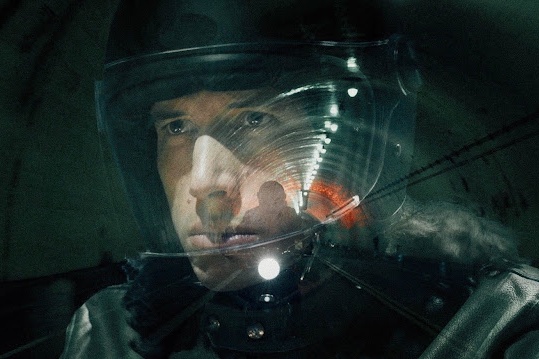

Driver plays Henry McHenry, a provocative bad-boy comedian whose angry, self-loathing act (“The Ape of God”) operates like an eerie simulacrum of a comedy routine – for Carax’s purposes, it’s less important that Henry be funny than it is that his audience roar with laughter on cue. (They also become something of a Greek chorus, sing-chanting “why did you become a comedian?”.) Cotillard plays Henry’s girlfriend Ann Defrasnoux, a world-renowned soprano ominously condemned to die on stage night after night, as all opera heroines must. The relationship between the couple and their audiences suggests an underlying dissonance: he makes them laugh, she makes them cry. “I killed them,” Henry tells Ann; “I saved them,” she replies.
Though Annette is Henry’s story and Driver’s film, one can’t help but feel Cotillard is given either too little screen time or a few songs too many – either way, it makes for a slightly lopsided narrative. But all can be forgiven thanks to Driver’s astounding, physical performance. Carax indulges him with two extended stand-up sequences. In the latter, Henry confesses that being in love makes him sick, and proceeds to recite out the story of how he tickled his wife to death. Driver role-plays the scene, leaping between the parts of Henry and Ann, with such intensity of emotion that we start to question whether what we’re hearing is true. It brings to mind Naomi Watts’ audition scene in Mulholland Drive, which similarly cuts through the artifice of the surrounding film to deliver something startlingly real – even though we know it’s fake.
In part, Annette is a study in monstrous masculinity – Henry’s creeping Nosferatu hands are a recurring visual motif, and in one scene Ann has a nightmare in which #MeToo accusations are levelled at her husband. Carax is also interested in the role Henry’s adoring public play in facilitating his behaviours. When Henry’s pitch-black comedy eventually goes too far, there’s a brilliantly raucous song (“You Used To Laugh”) which sees a furious Henry at war with his audience. Driver’s singing voice isn’t exactly beautiful, but there’s tonnes of pleasure to be gained from hearing him growl “what’s your praaahblem” or later, massively over-pronounce the ‘t’s in “Baby Annette”.
Ah yes, Annette. About forty minutes into the film, Henry and Ann have a baby daughter, who is portrayed by an animatronic puppet, because of course she is. (Mari-annette, geddit?) It’s one of the more outlandish non-natural devices in a film bursting with them: a forest that opens up behind a stage, a giant rear-projected storm, or even just Caroline Champetier’s glossy digital photography. If this all makes Annette sound like an exercise in irony… it is, and it isn’t. Just don’t mistake Henry’s contempt for his audience for Carax’s own, and certainly don’t mistake the film’s interest in artificiality for insincerity. A film like this reminds us that fantasy and reality, artifice and sincerity are not binaries – that each contaminates the other in wondrous, dangerous ways.
